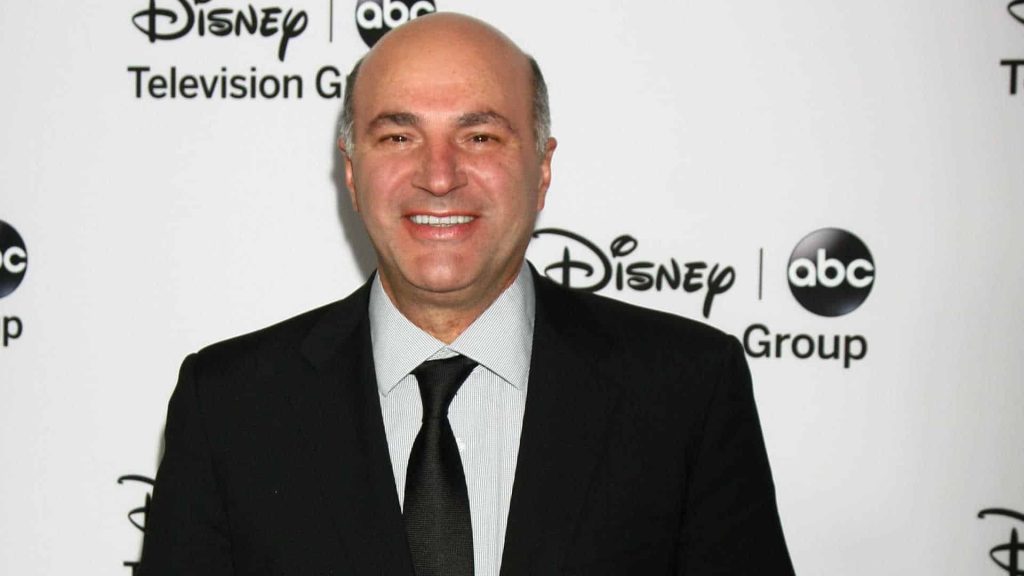Table of Contents
main conclusions
Grayscale is the world’s largest Bitcoin fund Discount on underlying asset (Bitcoin) reached record highs, surpassing 50% Reserve concerns, higher fees and other obstacles explain discount, which likely won’t end anytime soon Discount to net worth of Grayscale Bitcoin trust assets is at an all-time high. The discount briefly surpassed 50%, before pulling back slightly to where it currently stands at 48.8%. This comes from the SEC reaffirming its reasons for denying Grayscale’s request to convert the trust into an exchange-traded fund.
The Grayscale Bitcoin Trust is the world’s largest Bitcoin fund, but it rarely trades at the same level as its underlying asset, Bitcoin. The chart above shows that, until this year, it has traded at a premium since its launch compared to Bitcoin. This fund allows accredited investors to gain exposure to Bitcoin without worrying about storing or managing their holdings. Previously, it traded at a premium as demand for stocks increased, with institutions desiring exposure to Bitcoin. However, this convenience comes with a fee – and a rather hefty one at 2%.
Demand drops to grayscale in 2022
Since March, Grayscale shares have been trading at a discount against Bitcoin. The fund has $10.7 billion in assets under management, down 65% from last year, reflecting the bloodbath in crypto markets. But the discount to Bitcoin means shareholders are getting hit twice as hard. “The fact that the Grayscale Bitcoin Trust is now trading at almost 50% off is just terrible for GBTC holders. It really highlights the big differences in the quality of structure between the different investment vehicles,” Bradley Duke, co-CEO of ETC Group, told CoinDesk last week. A decline in inflows was due to increased competition, as many competitive funds were launched, especially in Europe, as well as several registrations of Bitcoin ETFs in the US. The discount is also because investors have no way to redeem their Bitcoin holdings in the fund, but all the time they are paying a 2% fee. However, these factors have typically been mitigated by arbitrary traders taking advantage of the price dichotomy. But the events of this year have also reduced that.
Concern about Grayscale reservations
In the last month, concern has grown in the market that Grayscale’s parent company, the Digital Currency Group (DCG), may file for bankruptcy. This is due to issues involving cryptocurrency exchange Genesis, whose parent company is also DCG. Genesis has denied that it will be filing imminent for bankruptcy, but the company was caught up in the FTX meltdown and is currently undergoing a restructuring. Genesis suspended withdrawals on November 15th. That concern was heightened by questions about Grayscale’s reservations. That is, if they are true to their word and are holding all of the underlying Bitcoin safely. Many of the major crypto firms published proof of reserves after the FTX crisis in order to assuage customer fears, but Grayscale has done nothing like that. “Due to security concerns, we do not make this on-chain wallet information and confirmation data publicly available through a cryptographic proof of reserve or other advanced cryptographic accounting procedure,” Grayscale wrote in a statement.
7) We know the preceding point in particular will be a disappointment to some, but panic sparked by others is not a good enough reason to circumvent complex security arrangements that have kept our investors’ assets safe for years. — Grayscale (@Grayscale) November 18, 2022
As I wrote at the time, I really cannot understand how security concerns are a factor here. The blockchain is built so that this type of information is available to the public.
Below is really confusing from @Grayscale
Would love elaboration beyond just “security” Does anyone have suggestions as to how revealing on chain wallet could be a security concern? Only thing I can think of is quantum concerns (p2pk) but I don’t think that holds here? https://t.co/0QcVO6wV1x — Dan Ashmore (@DanniiAshmore) November 19, 2022
final thoughts
In short, the discount sums up investors’ concerns about Grayscale, as well as the extra fees and other hurdles that exist compared to the underlying property. Arbitrage trades are self-defeating in nature and therefore it is remarkable that the discount is so large and persists for so long. Then again, there’s risk here, as the very thing I’ve been writing about for a while now – lack of transparency – means that it can’t be known with 100% certainty about what’s going on behind the scenes. And that’s why we’re seeing a 50% discount.

